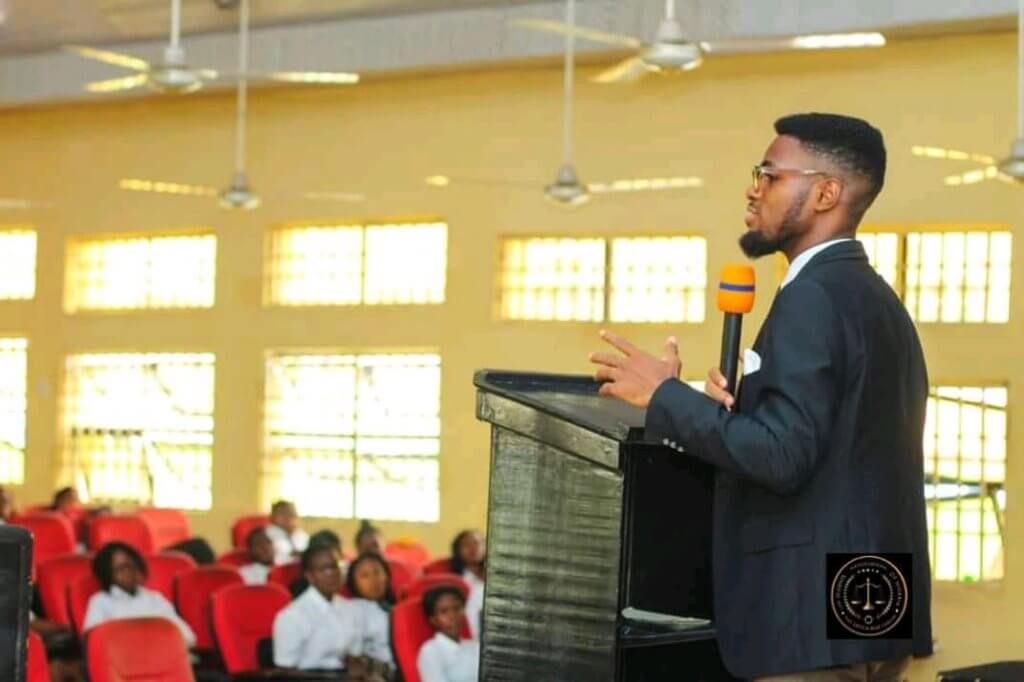Partnership is key to creating jobs in Nigeria – PIND Foundation

The Foundation for Partnership Initiatives in the Niger Delta (PIND) has said to create jobs in Nigeria, there must be partnerships, urging the federal and state governments to seek partnership with the private sector and international organizations, while creating an enabling environment.
The Deputy Executive Director of the foundation, Tunji Idowu, said this during the maiden Lagos State Employment Trust Fund (LSETF) Employment Summit on “Showcasing Leading Practices for Job Creation” in Lagos to discuss remedies that address unemployment and the future of jobs in Africa.
“Everything is about partnership,” he said. “No single institution or entity can solve or address the problems of Nigeria. PIND has been functioning and sustaining its operations through partnership. PIND from day one was focused on facilitating and fostering partnerships between people in the public sector in the local and state governments in the Niger Delta, people in the private sector, companies with business concerns, Small and Medium Enterprises (SMEs). The governments must also do so to create jobs.”
The summit, which aimed at organizations sharing various models on job creation, was attended by both local and international organizations. Idowu said one of the ways PIND has done excellently well is to partner with people.
He said: “Even if you are not bringing equal resources but equal respect on the table. We went in to see how we can facilitate those who have the capacities required to come in and help those who did not have to step up but because this is all market-driven and capitalist base, if you see value and you have want I require and I can afford what you are offering, we will be able to do business.”
Idowu, whose organization empowers aquaculture, palm oil and cassava farmers in the Niger Delta region of Nigeria said PIND has acted as matchmakers in some instance where it brought service providers and connect them with maybe a farmer and once both of them are happy and doing things together, it monitors their progress and go elsewhere to replicate the same thing till when everybody can almost be doing business together.
Emeka Ile, the Project Manager of the Niger Delta Youth Employment Pathways (NDYEP) project by the PIND Foundation while sharing his own experience said “You can do many things by yourselves but through partnership, you can scale it. You do not have to do everything. Through partnerships, you can achieve many things.”
According to the Nigeria Bureau of Statistics (NBS), Nigeria’s unemployment rate stood at 23.1 percent of the workforce in the third quarter of 2019, up from 18.1 percent a year earlier.
The Niger Delta youth programme is a partnership with state governments in the region, partnerships with private organizations in the region. We are trying to build and support the ecosystem.
Idowu also urged the state government to invest in data to address the issue of unemployment saying the lack of data planning on the side of the state governments is a challenge to job creation.
According to him, “Data will let you know what is happening in the market, how many people are gainfully employed, how many are not, how many are unemployed, what kind of skills do the market requires, what needs to happen and what you need to pay attention to. Data helps to plan and design interventions so that they are relevant to the market space.”
The Senior Special Adviser to President Muhammadu Buhari on job creation, Mr. Afolabi Imoukhuede, also urged the private sectors to lead the way in jobs and opportunities creation while advising the state governments to provide good policy and the enabling environment for the private sectors to operate.


